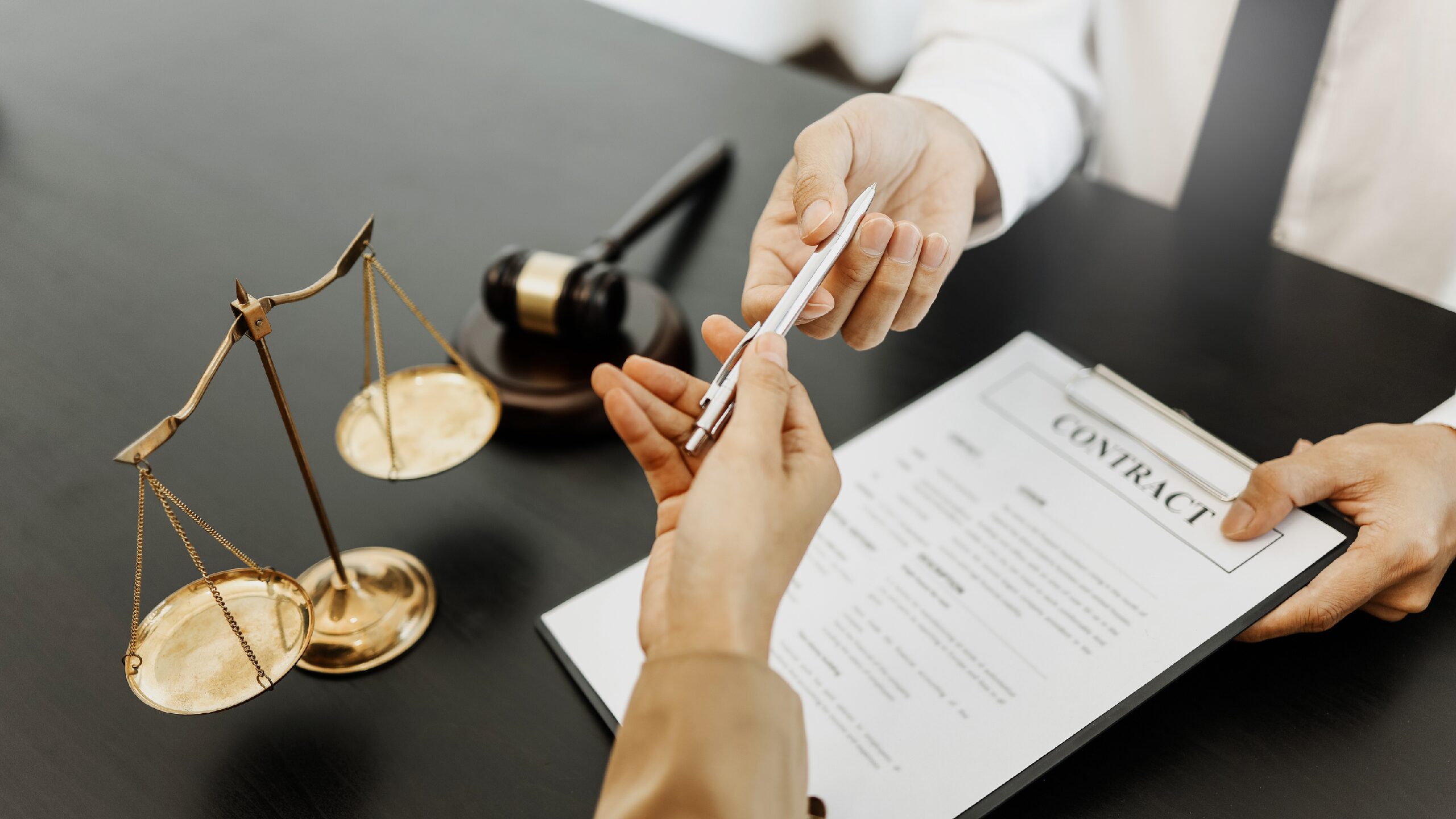6 Changes to consider for the new tax year affecting your Savings and Investments
With the start of the new tax year on 6th April, now is a great time to ensure you are fully prepared. We have created a checklist for you to make sure you review some personal tax changes affecting your investment income for the new year.
Changes may not actually be necessary for everyone but it always worth double checking the impact on your personal situation.
What is a tax year?
In the UK this runs from 6th April to 5th April, and this year it will end on a Friday. This is also when your tax allowances reset.
If you are employed, your tax code will refresh. If you are self-employed then you need to make sure you submit 2022-23 tax return and pay your tax by Tuesday 31st January 2024. If you receive investment income, allowances will reset, and the new tax rates will apply.
What do I need to consider for the new tax year?
- Tax free savings income
All taxpayers receive an allowance for tax free savings. If you are earning below £12,570 you receive an allowance of £5,000.
For a basic rate taxpayer (taxable earnings under £50,271) this will be £1,000, and if you are a higher rate payer (income above £50,270) can receive £500 of interest from savings tax free. Additional rate taxpayers earning £125,141 are not eligible for the allowance.
Given the recent interest rate rises, it’s worth reviewing if your savings income will exceed the allowance, and consider moving some of the cash to an ISA.
2. ISA allowance
Review your Individual Savings Account (ISA) allowance to see what is unused.
Everyone gets a £20,000 allowance per year and any unused part can be carried over to the next tax year, so it may be worthwhile putting as much savings in the form of cash, or stocks and shares this tax year into an ISA.
3. Pension
The same as your ISA, consider looking at your pension. When saving in a pension you receive income tax relief, depending on your personal circumstances, you could save upto 60% tax by making an investment.
The standard annual allowance was changed in the recent budget, so has increased from £40,000 to £60,000 for the new tax year, but this also depends on your personal income circumstances.
You can also bring forward any unused allowances, so check the contributions you’ve paid in the three previous tax years to work out how much is available of your previous allowances you still have left.
4. Capital Gains Tax
We all have an annual capital gains tax allowance of £12,300. So, if you dispose or sell any assets such as property and stocks are shares, you won’t be taxed on the profits if they’re below £12,300.
For 2023/2024, it’s to be reduced to £6,000, and then to £3,000 in 2024/25. Be aware that you cannot carry over any unused capital gains tax allowance to the next tax year, so if you are planning to sell your assets, it may be worth considering a sale before the changes come into effect in the following tax year.
5. Save for your children
If you are a parent, now may be the best time to open a Junior ISA, to boost their savings. Planning can be super beneficial and can be a combination of cash and stocks and shares. Your child can start managing the account at 16, but cannot withdraw from the account until they reach 18.
As with the ISA allowance, this resets each year tax year, and the annual savings allowance for a Junior ISA in 2023/24 is remaining at £9,000.
6. Your investments and goals
It can be so easy to always think about ‘the now’ rather than the future, it can be tempting to cut back on savings for your ISA but try and think about the benefits for the long term. Review all your goals and financial aims, and if you can, consider whether now is the right time to up your contributions. You might not be able to do this right now, but perhaps set a reminder to consider it for the next tax year.
Still have questions?
Tax can be complicated, even at the best of times. So, dedicating time now to look ahead at 2023 and beyond will be very beneficial to you in the long run. If you need any help or advice with the financial aspects of running your business or advice on your own personal tax affairs, please do not hesitate to get in contact with us here.


